This article originally appeared on Crossfader.
LORE has long been regarded as one of the essential podcasts, and even got some Crossfader love last year as a podcast to chill your bones. But as befits my nature, I, of course, have always been somewhat less impressed with it. As many of my picks for Podcast of the Week have proven, I am a firm believer in the audio drama/podcast format’s potential for revitalizing and revolutionizing the horror genre. But the LORE podcast isn’t really horror, and while intermittently interesting, a lot of the time I find myself checking my watch, the stories of real life killers, superstitions, and creepy-crawlies lacking the sugar of a Henry Zebrowski, Ben Kissel, or Marcus Parks to help the medicine go down. But, personal qualms aside, it was definitely excellent fodder for what I believe is Hollywood’s first major acknowledgment of the soundtracks to our commutes as viable material for adaptation. The television adaptation isn’t perfect by a long stretch of the imagination, but I believe it’s enough of a cultural milestone to merit a chance, and when it hits its stride, it is, in fact, something special.
The anthology series is on the horizon of coming back, baby, and podcasts such as LORE could easily influence a resurgence of the format. The show picks and chooses the juiciest stories from the podcast’s two-year run, presenting non-fiction campfire stories, myths, and folklore. As also applies to the podcast, the show is dependent on the quality of its stories to determine its effect. The pilot? Not so hot, honestly, as there is a historically engaging but ultimately rather tenuous connection drawn between immature burial and vampirism. But the zinger of a finale, involving a potentially possessed doll known as Robert, is a surefire standout, the four episodes in the middle a grab-bag of either extreme (the underrated folkloric changeling monster gets a commendable time in the sun in “Black Stockings,” and “Passing Notes” is also on the stronger side of the roster). I suppose as with any tangentially horror-related media, it comes down to what personally keeps you up at night, but luckily, every episode is up on Amazon, so you’ll have your pick up the litter.
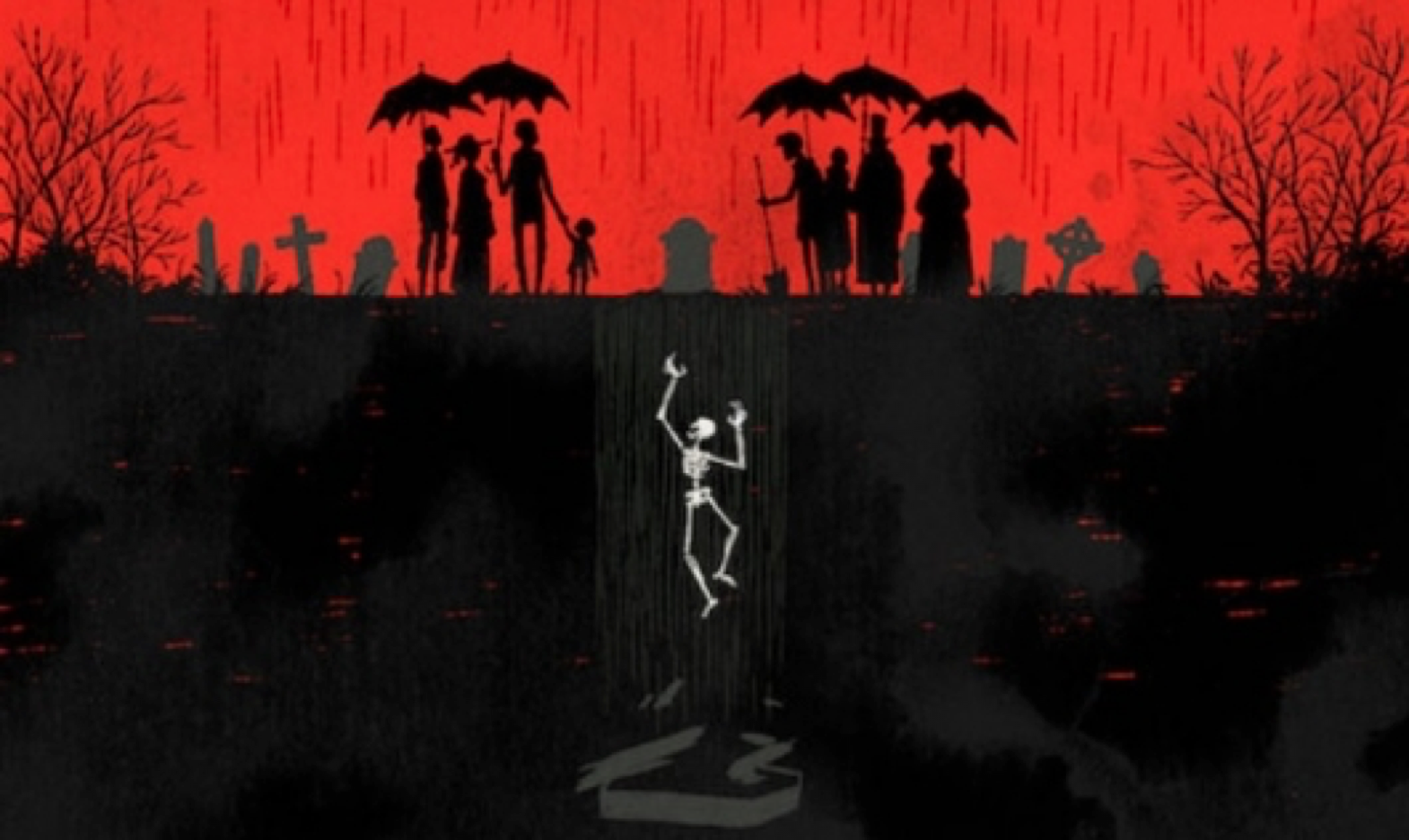
Is this an album cover for The Birthday Party Massacre?
LORE’s strongest merits lie with its historical perspective. When narrator Aaron Mahnke is left to his own devices, detailing the context of the incident and the era in which it existed, the show sails high and grabs the attention. With his idiosyncratic voice set over a kinetic and vaguely unsettling collection of stock footage, sketches, historical photographs, and deliciously creepy animation, it’s a treat learning about how the 19th and early 20th centuries were riddled with anxiety, paranoia, and deadly misunderstandings. Somewhere between Ken Burns and the aesthetic of the opening credits of American Horror Story, this is what the adaptation should have stuck with if it wanted to hit a home run.
Less impressive are the live action segments, which unfortunately make up the meat of the show. Amazon has money, and the production companies involved are ones of relative prestige; why does this feel like Lifetime re-enactment docu-fiction? The lighting’s flat, the special effects are middling, and the majority of the actors feel fresh off the college thesis circuit. This is somewhat dependent on which episode you’re watching (once again, the finale is probably the major takeaway here), but there’s an overall sense of . . . functionality present. There’s enough to latch onto to make me root for a second season, but I hope to see improvements in this regard in the future.
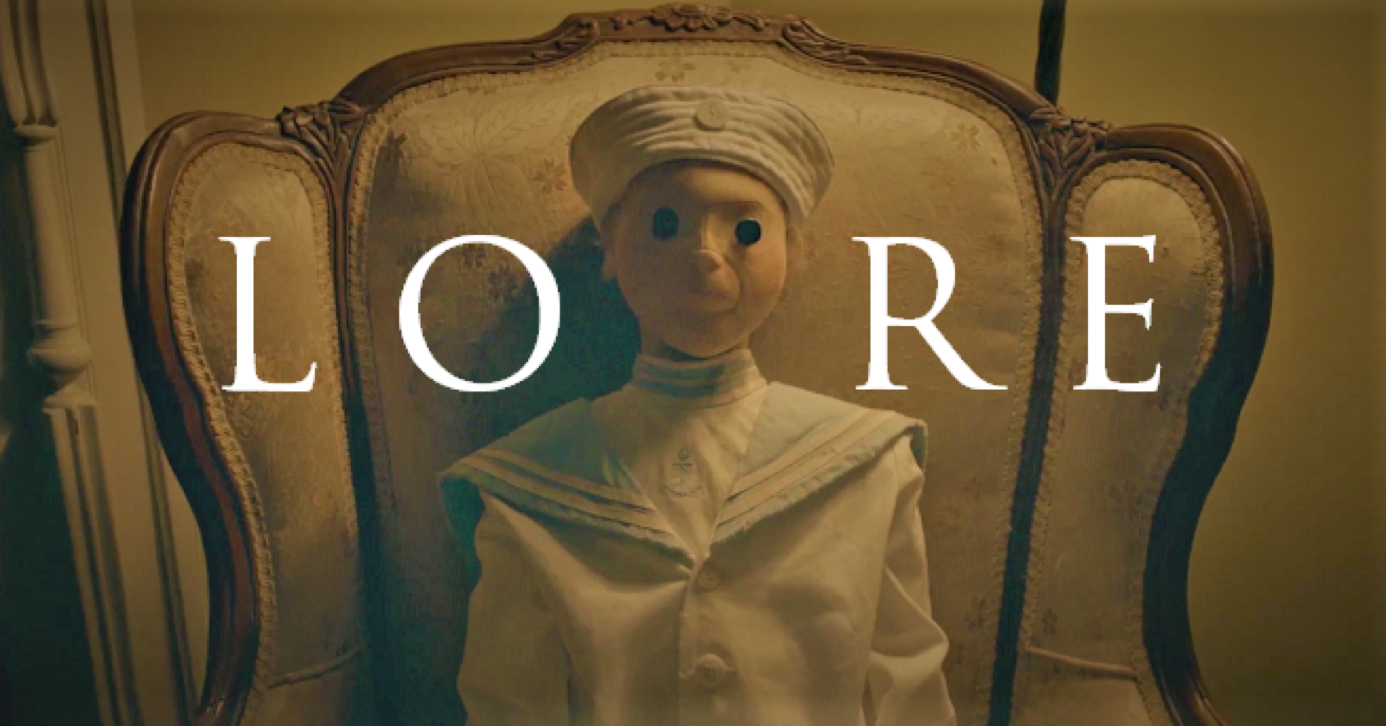
Like an improvement on this half-assed title card
Especially considering the success of its straight-no-chaser documentary segments, LORE ekes out over the finish line as a success. In addition, since all six episodes were released at once and have no throughline with each other, you can easily cherry-pick which story excites you most. A recent episode of THE NO SLEEP PODCAST had host David Cummings implore the listeners to check our LORE for its near-landmark implications for the podcasting industry. I think more podcasts should be adapted, I think an excellent anthology horror series could be crafted from one, and if LORE is the means by which the gates will be fully blown open, then it’s worth our time.
Verdict: Recommend



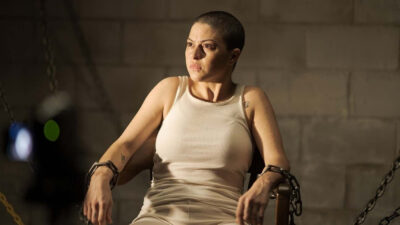

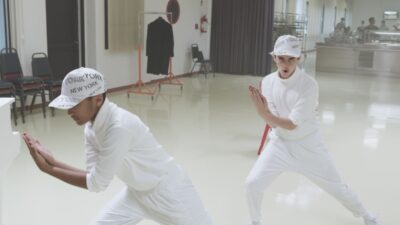

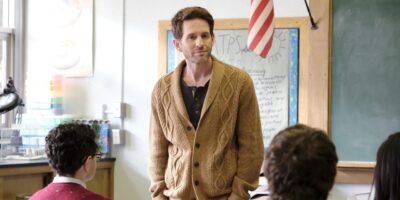
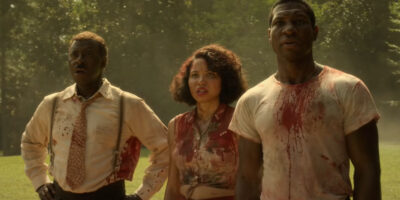
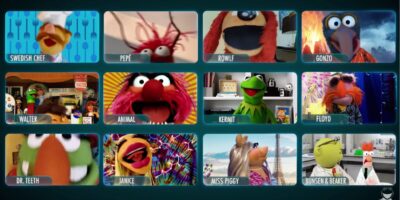
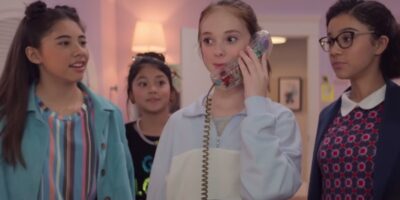
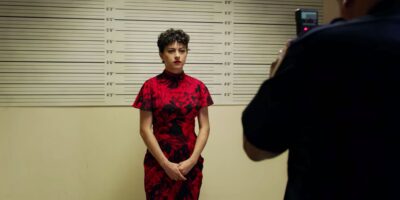




Comments